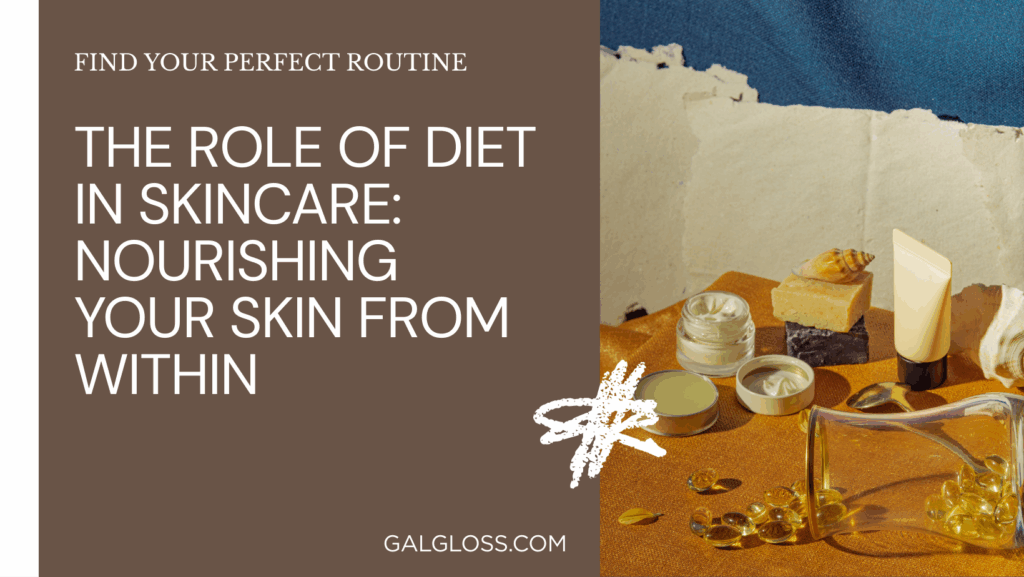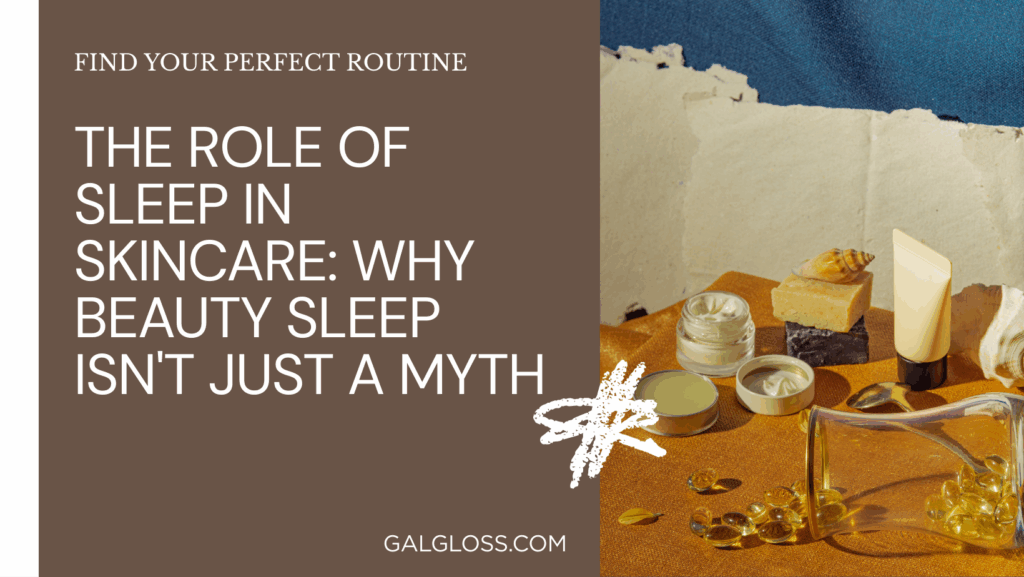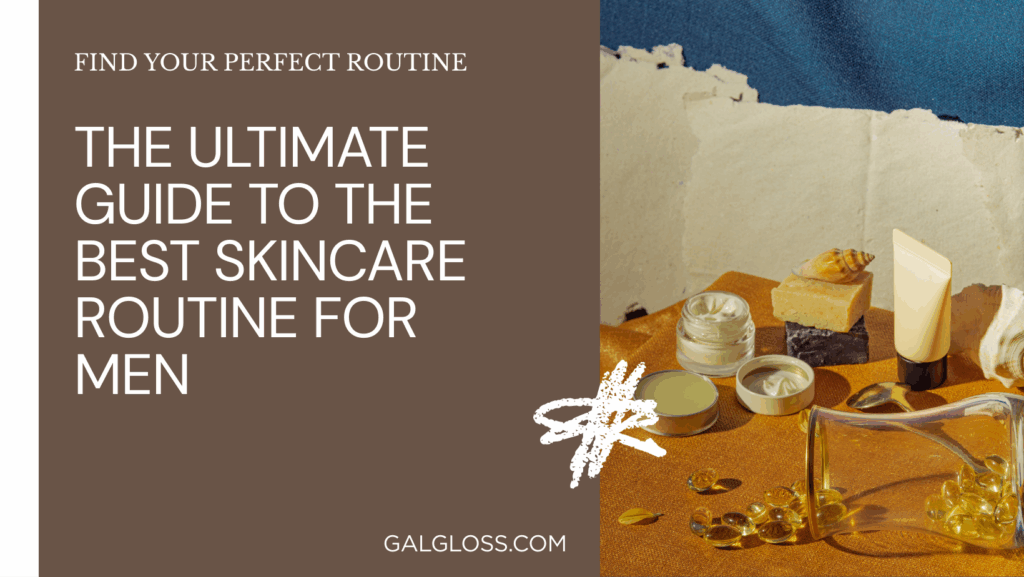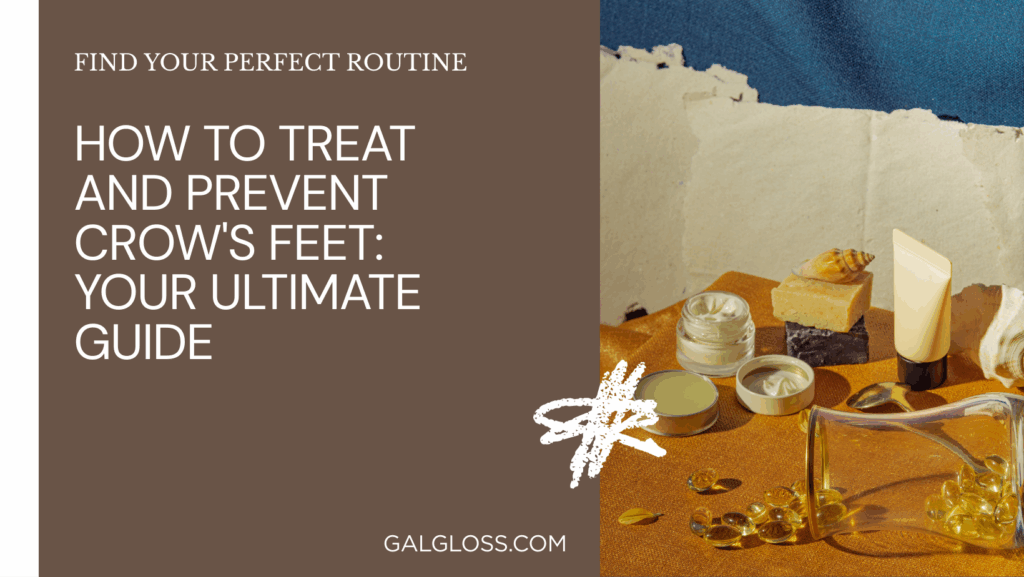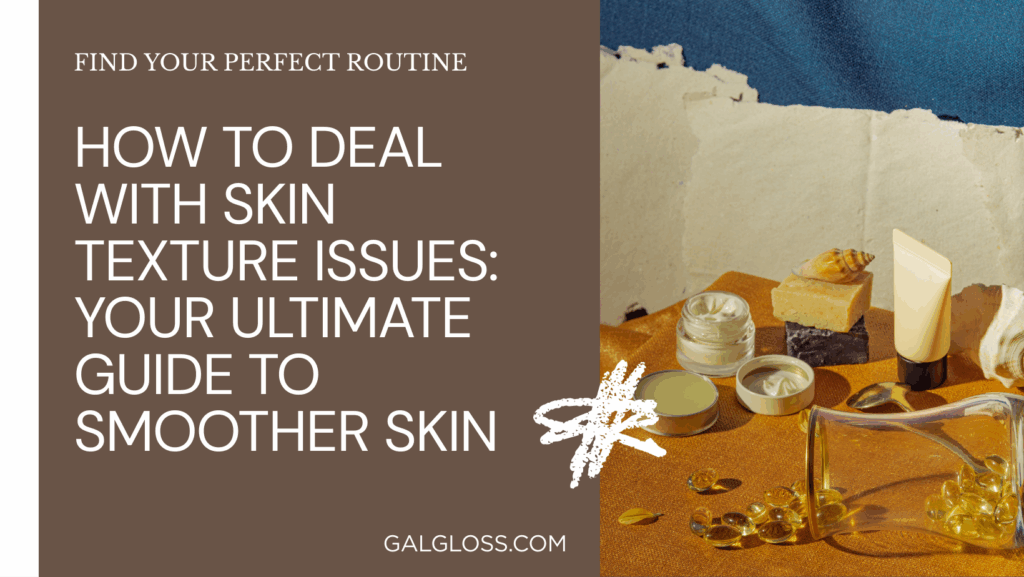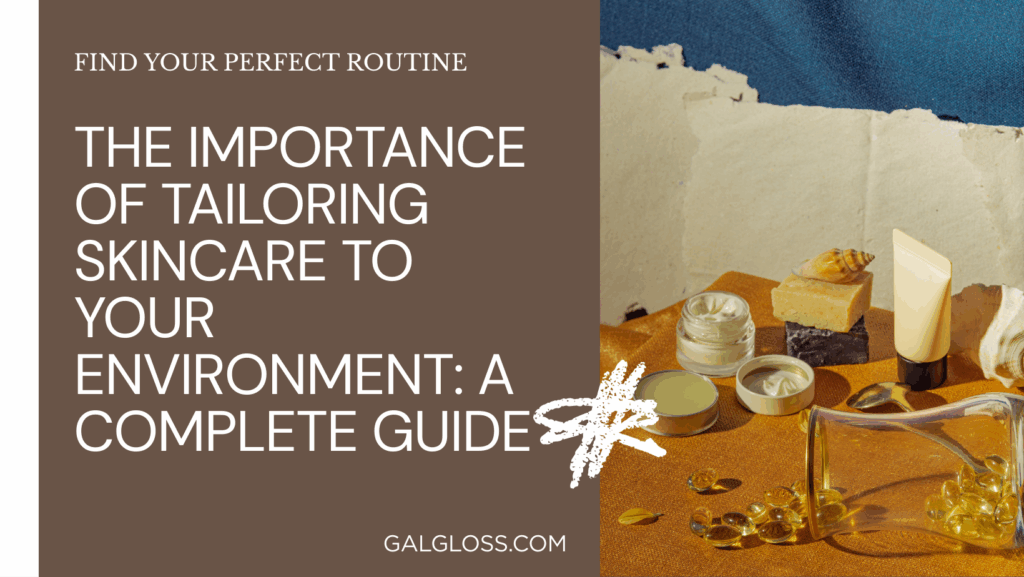Ever wondered why your skin doesn’t bounce back like it used to? Or why those pesky wrinkles seem to multiply overnight? The answer might just lie in a little protein called collagen. But what exactly is this skincare superstar, and why should you care?
Imagine your skin as a trampoline. Collagen is like the springs that give it that bounce. It’s the most abundant protein in our bodies, making up a whopping 75-80% of our skin. Think of it as the scaffolding that keeps everything firm and plump.
But here’s the kicker: as we age, our collagen production takes a nosedive. By the time we hit 30, we’re losing about 1% of our collagen each year. Ouch! That’s why understanding the role of collagen in skincare isn’t just a fancy trend – it’s a game-changer for anyone who wants to keep their skin looking youthful and radiant.
The Science Behind Collagen
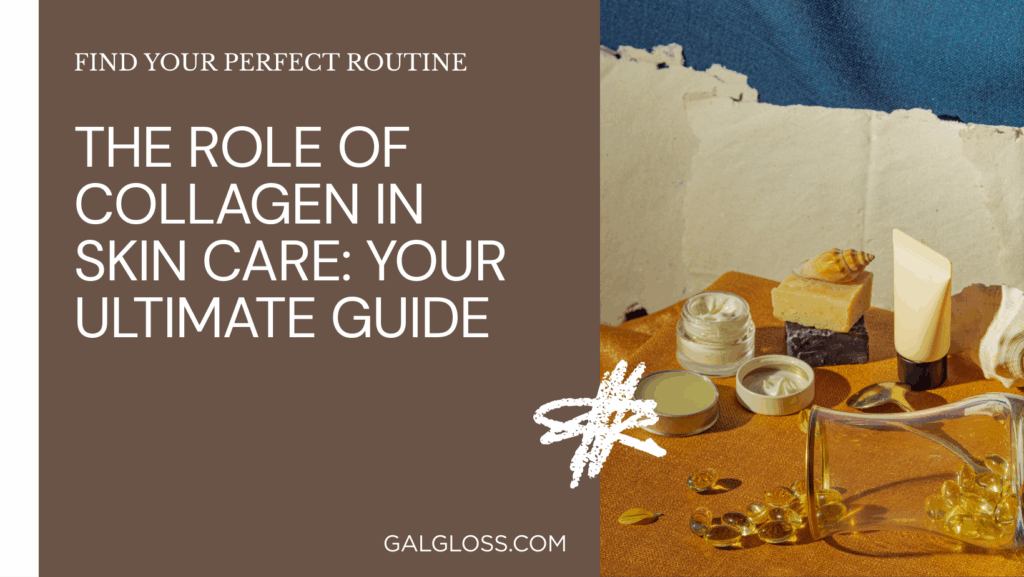
So, what’s the deal with collagen? Let’s break it down.
Collagen is a protein made up of amino acids, the building blocks of life. It’s not just in your skin – it’s in your bones, muscles, and even your blood vessels. But when it comes to skincare, we’re most interested in the collagen in your dermis, the layer of skin just below the surface.
There are actually 28 types of collagen in your body, but your skin mainly contains types I, III, and VII. Here’s a quick rundown:
- Type I: The most abundant, providing structure and strength
- Type III: Supports Type I, crucial for skin elasticity
- Type VII: Forms anchoring fibrils that hold layers of skin together
These collagen types work together like a well-oiled machine, keeping your skin firm, elastic, and hydrated. But how exactly does this work?
Collagen fibers form a network in your dermis, creating a structure that supports your skin. They act like a sponge, holding moisture and giving your skin that plump, youthful look. As we age, this network breaks down, leading to wrinkles, sagging, and dryness.
Benefits of Collagen for Skin
Now that we know what collagen is, let’s talk about why it’s so crucial for your skin:
- Elasticity and Firmness: Collagen gives your skin its structure. More collagen means firmer, bouncier skin.
- Hydration: Collagen helps your skin retain moisture, keeping it hydrated and plump.
- Wound Healing: Got a cut or scrape? Collagen plays a key role in healing wounds and reducing scarring.
- Anti-Aging: By maintaining skin structure and hydration, collagen helps combat signs of aging like wrinkles and sagging.
Factors That Deplete Collagen
Unfortunately, several factors can break down collagen or slow its production:
- Aging: As mentioned earlier, collagen production naturally decreases with age.
- Sun Exposure: UV rays can damage collagen fibers and decrease production.
- Diet: A diet high in sugar can lead to glycation, which damages collagen.
- Smoking: Tobacco smoke contains chemicals that destroy collagen and elastin.
- Stress: Chronic stress can increase cortisol levels, which can break down collagen.
Boosting Collagen Naturally
Don’t panic! There are plenty of ways to boost your collagen levels naturally:
- Diet and Nutrition:
- Eat protein-rich foods like fish, chicken, and eggs.
- Consume vitamin C-rich fruits and veggies (citrus, berries, leafy greens).
- Try bone broth, which contains collagen.
- Lifestyle Changes:
- Protect your skin from the sun with SPF.
- Quit smoking (your skin will thank you!).
- Manage stress through meditation or yoga.
- Exercise:
- Regular exercise can boost collagen production.
- Try strength training to stimulate collagen synthesis.
Collagen in Skincare Products
The skincare industry is buzzing with collagen products. But do they really work? Let’s break it down:
Types of Collagen-Based Products
- Creams and Serums: These typically contain hydrolyzed collagen or collagen peptides.
- Sheet Masks: Often infused with collagen for an intensive treatment.
- Moisturizers: May contain collagen along with other hydrating ingredients.
How They Work
The idea is that these products can penetrate the skin and boost collagen levels. However, the effectiveness is debated. Why? Collagen molecules are typically too large to penetrate the skin’s outer layer.
That said, some products use hydrolyzed collagen or collagen peptides, which are smaller and may be able to penetrate more deeply. These can potentially stimulate your skin’s own collagen production.
Effectiveness of Topical Collagen
While the jury’s still out on whether topical collagen can directly increase your skin’s collagen levels, these products can still be beneficial:
- They often contain other ingredients that boost collagen production, like vitamin C or retinol.
- Collagen in skin care products can act as a good moisturiser, improving skin hydration and appearance.
Collagen Supplements
Collagen supplements have gained popularity in recent years. But do they live up to the hype?
Types of Collagen Supplements
- Powder: Easy to mix into drinks or food.
- Capsules: Convenient for those who don’t like the taste of collagen.
- Liquid: Ready-to-drink collagen shots or drinks.
- Gummies: A tasty option, but often contain less collagen.
Benefits and Potential Drawbacks
Some studies suggest that collagen supplements can improve skin elasticity and hydration. However, more research is needed to confirm these effects.
Potential benefits include:
- Improved skin hydration
- Increased skin elasticity
- Reduced appearance of wrinkles
Drawbacks to consider:
- Can be expensive
- May cause digestive issues in some people
- Quality can vary between brands
How to Choose the Right Supplement
Look for:
- Hydrolyzed collagen or collagen peptides for better absorption
- Types I and III collagen for skin benefits
- Additional ingredients like vitamin C or hyaluronic acid
- Third-party testing for quality assurance
DIY Collagen-Boosting Treatments
Want to give your collagen a boost at home? Try these DIY treatments:
- Face Masks:
- Egg white mask: Egg whites contain proline, an amino acid that’s a building block of collagen.
- Avocado and honey mask: Both ingredients can help stimulate collagen production.
- Facial Massage:
- Gently massaging your face can increase blood flow and potentially stimulate collagen production.
- Use upward motions to counteract sagging.
- Facial Exercises:
- “Face yoga” may help tone facial muscles and improve circulation.
- Try exercises like “The V” (press fingers on cheeks and smile) or “Kiss the Sky” (pucker lips and look up).
The Future of Collagen in Skin Care
The world of collagen skincare is constantly evolving. Here are some exciting developments to watch:
- 3D-Printed Collagen: Scientists are working on 3D-printing collagen structures for wound healing and tissue regeneration.
- Plant-Based Collagen: Researchers are exploring ways to create vegan collagen alternatives.
- Personalised Collagen Treatments: Future treatments may be tailored to your specific collagen needs based on genetic testing.
Conclusion
Collagen isn’t just a buzzword – it’s a crucial component of healthy, youthful-looking skin. While we can’t stop the natural decline of collagen as we age, we can certainly slow it down and even boost our levels.
Remember, there’s no one-size-fits-all solution when it comes to collagen and skincare. A balanced approach is key:
- Protect your existing collagen by wearing sunscreen and avoiding harmful habits like smoking.
- Boost your body’s collagen production through a healthy diet rich in protein and vitamin C.
- Consider collagen-boosting skincare products or supplements, but be realistic about their effects.
- Don’t forget the basics: stay hydrated, get enough sleep, and manage stress.
By understanding the role of collagen in skincare and taking steps to support it, you’re investing in your skin’s long-term health and appearance. So here’s to firm, plump, and radiant skin – at any age!
